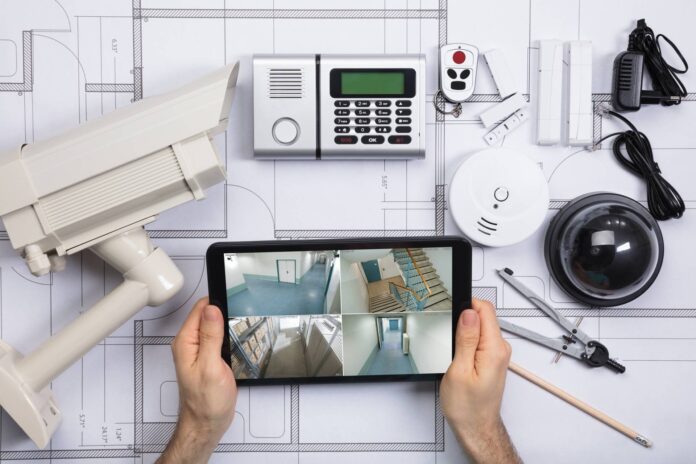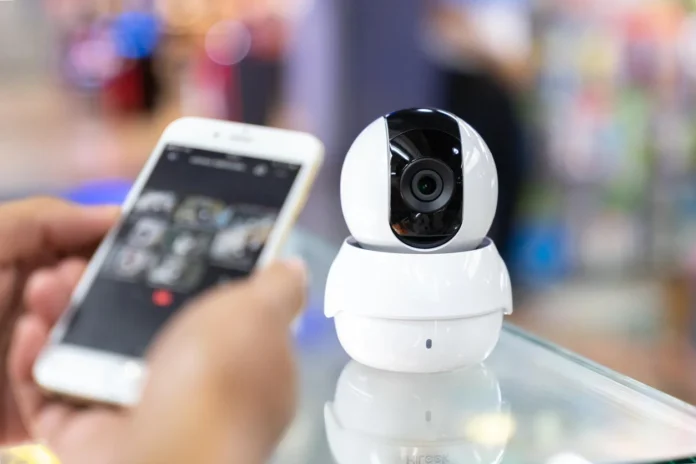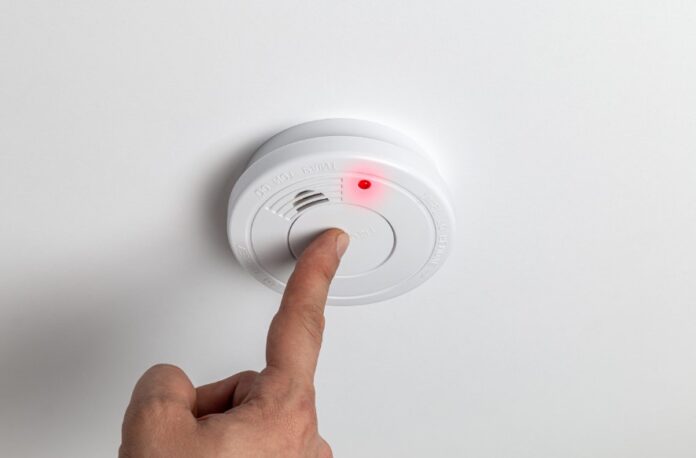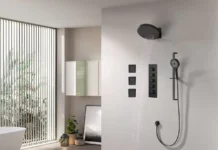
Security is a paramount concern for homeowners and businesses alike. With a plethora of security alarm systems available in the market, selecting the right one can seem daunting.
This article aims to simplify this process, providing you with the knowledge needed to make an informed decision. We will explore the various types of security alarm and offer practical tips to guide your choice, ensuring your peace of mind.
Wired vs. Wireless Systems

When considering a security alarm, the first decision often involves choosing between wired and wireless options.
Wired Security Alarm Systems
Wired systems are traditional security solutions that rely on cables to connect the alarm sensors to the central control panel. They are known for their reliability and are less prone to interference from other wireless devices. However, installation can be more invasive, often requiring professional assistance to run wires through walls and ceilings.
The primary advantage of wired alarms is their stability. They are not dependent on batteries and thus, are less likely to fail due to power issues. Additionally, wired alarms can support a larger number of sensors and devices, making them suitable for extensive properties.
Wireless Security Alarm
Wireless systems, on the other hand, offer a modern approach to security. They use radio frequency signals to communicate between sensors and the control panel, eliminating the need for physical wiring. This makes them easier and less disruptive to install, especially in existing buildings or homes.
The flexibility and simplicity of extension of wireless systems are well-known. No more worrying about wire restrictions while adding more sensors or devices. They do, however, depend on batteries, which need to be inspected and changed on a regular basis. In spite of this, technological developments have greatly increased battery life and dependability.
Monitored vs. Unmonitored Systems

Another critical decision involves choosing between monitored and unmonitored warning devices.
Monitored Security Alarm
Monitored designs are connected to a professional monitoring service that responds to warnings 24/7. In the event of an intrusion, the monitoring center is immediately alerted, and they can contact emergency services on your behalf. This provides an added layer of security, especially when you are away from your property.
The main advantage of a monitored system is the peace of mind it offers. Knowing that professionals are always watching over your property can be reassuring. However, this service comes with a monthly fee, which is an important consideration for budget-conscious individuals.
Unmonitored Security Alarm
Unmonitored systems, also known as self-monitored systems, rely on the homeowner to respond to alarms. When the design is triggered, it sends alerts directly to your smartphone or another designated device, allowing you to assess the situation and contact emergency services if necessary.
The primary benefit of an unmonitored system is the absence of monthly fees. It puts you in control of your security, which can be appealing to those who prefer a hands-on approach. However, it’s crucial to consider your ability to consistently monitor alerts, especially during vacations or busy periods.
Specialized Alarm
In addition to the basic types, there are specialized warning devices designed to address specific security concerns, employing advanced alarm technology. For instance, some companies specialize in integrating cutting-edge solutions to enhance the effectiveness and responsiveness of warning systems.
This advanced alarm technology is pivotal in developing systems like fire and smoke alarms, as well as carbon monoxide detectors, ensuring they provide the highest level of safety and reliability. By leveraging the latest advancements in technology, specialized systems offer superior protection against specific threats, making them an essential consideration for comprehensive security planning.
Fire and Smoke Alarm

Fire and smoke warning devices are crucial for ensuring the safety of occupants and property. These methods detect the presence of smoke or a rapid increase in temperature, triggering an alarm to alert occupants and, in some cases, automatically notifying emergency services.
The importance of having a reliable fire and smoke warning device cannot be overstated. It not only protects against property damage but, more importantly, saves lives. When selecting a system, consider features such as interconnected alarms, which ensure that when one alarm sounds, all warnings in the property do so, providing maximum alert coverage.
Carbon Monoxide Alarm
Carbon monoxide (CO) is a colorless, odorless gas that can be lethal if inhaled in large quantities. CO warning devices are designed to detect the presence of this dangerous gas, sounding an alarm to alert occupants of the need to ventilate the area and evacuate if necessary.
Installing a CO security warning is particularly important in homes or buildings that use gas heating or have attached garages, where CO buildup can occur. These systems provide an essential layer of protection against this invisible threat, ensuring the safety and well-being of all occupants.
Tips for Choosing the Right System
Selecting the right security security alarm involves considering your specific needs, preferences, and circumstances.
- Assess your security needs ─ Consider the size of your property, the number of entry points, and your specific security concerns. This will help you determine the type and extent of the technique required.
- Consider installation and maintenance ─ Decide whether you prefer a design that offers easy DIY installation or if you’re willing to invest in professional installation. Also, consider the maintenance requirements, such as battery replacements for wireless systems.
- Think about future expansion ─ If you anticipate needing to add more sensors or devices in the future, ensure the design you choose is capable of expansion.
- Evaluate monitoring options ─ Decide whether you want the reassurance of a monitored system or if you prefer the control and cost savings of an unmonitored system.

Conclusion
In conclusion, selecting the right security alarm system is a crucial decision that requires careful consideration. By understanding the different types of systems available and assessing your specific needs, you can choose a system that provides the best protection for your property. Remember, the right security system is an investment in your peace of mind and the safety of your loved ones and assets.











